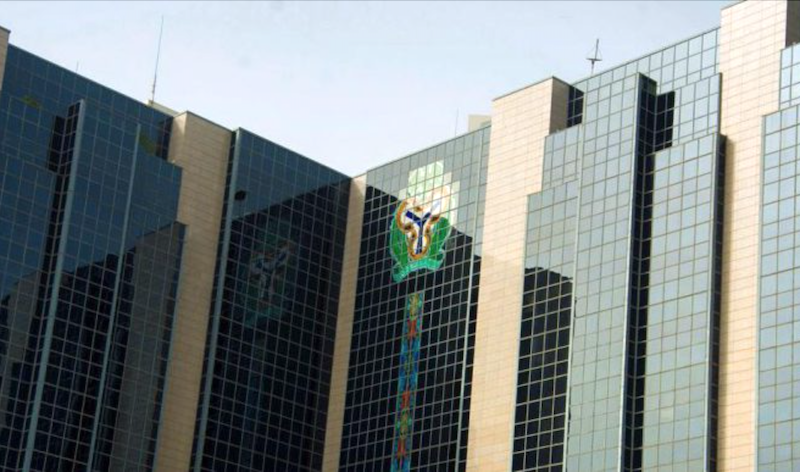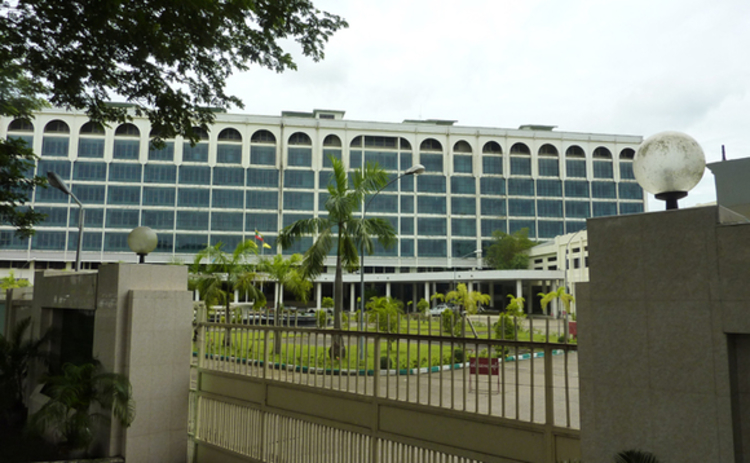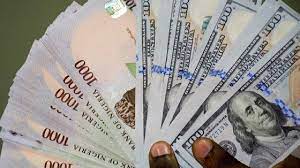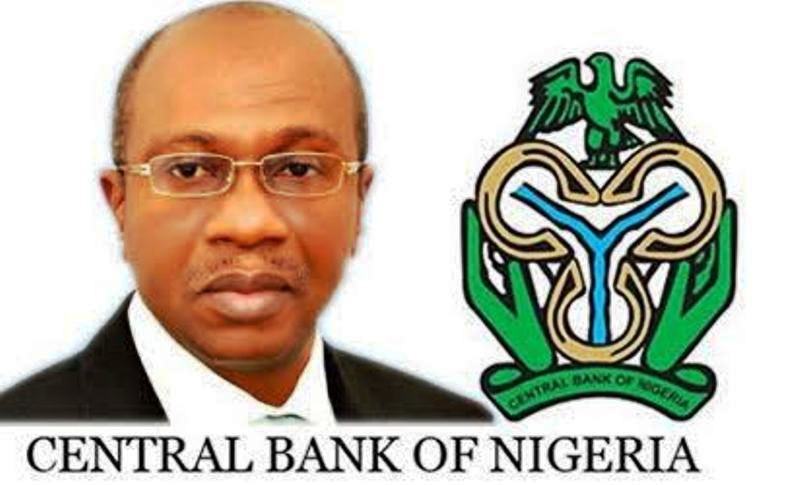The Special Adviser to the President on Economic Affairs, Dr Tope Fasua, has called for a structural reform of Nigeria’s foreign exchange market.
Fasua made the call at a roundtable organised by the National Policy Advocacy Centre (NPAC) of the Abuja Chamber of Commerce and Industry (ACCI) on Tuesday in Abuja.
The theme of the event was “Unification of Foreign Exchange and the Effect of Fuel Subsidy Removal on the Business Community’’.
“I believe we should reform the Bureau De Change (BDC) sector and make it stronger. You cannot manage over 5,000 BDCs selling money on the streets.
“If we can do the structural reforms in the BDCs sector and the banks and supervise them well, the CBN with our reserves can incentivize that sector, allowing people to get money much quicker.
“And you have to define the illegal market and by then we will be able to find stability,” he said.
Fasua said that Nigeria spends over $45 billion annually importing refined petroleum products, milk, chemicals and fish, among others.
He said: “I hear things like scarcity of forex. What is scarcity of forex, as if the world owes us any forex.
“The world does not owe us any forex. The forex you get is depending on the trade that you do.
“If you look at Nigeria’s import and export profile, over 20 items that we import in Nigeria are in the billions of dollar range.
“Our biggest import, fuel and diesel take about $25 billion to $30 billion every year.
“We have things like cars, which is about four billion every year; sugar, fish, milk one billion each; wheat four billion; chemicals, three billion dollars; pharmaceuticals two billion dollars.”
Fasua listed crude oil and fertiliser as two things that Nigeria exports in the billion dollar range.
“The first is petroleum and gas, you will see a figure like $57 billion, but out of that only 30 per cent is ours, according to Nigeria Extractive Industries Transparency Initiative (NEITI).
“The international oil companies that have the technology that do production own most of that money,’’ he said.
The Director, Policy Advocacy Centre, ACCI, Mr Chidiebere Onwumere, said that foreign exchange unification held promises of increased transparency, improved access to forex and reduced market distortions.
He, however, said that it raises questions about exchange rate stability, inflationary pressures and the cost of imports.
“We must carefully consider how these factors will affect the competitiveness of our industries and the purchasing power of our citizens.
“Fuel subsidy removal, on the other hand, is expected to free up fiscal resources, reduce government spending, and potentially lead to increased investment in critical sectors.
“Yet, it also raises concerns about the immediate impact on transportation costs, inflation, and the welfare of our citizens, especially those in vulnerable communities,’’ he said.
Mr Oscar Onyema, Managing Director, Nigerian Exchange Group (NEG) PLC, said collaborative dialogue was essential in formulating policies that balance short-term challenges with long-term benefits.
Highlighting the effects of both policies on the economy, Onyema said that immediate transition could disrupt businesses and the economy in several ways.
Represented by Mrs Cordelia Ihedioha, Onyema said that businesses that were heavily reliant on imports may face short-term disruptions due to the sudden shift in exchange rates.
According to him, this could result in increased costs for imported raw materials, leading to potential price adjustments for end consumers.
“To mitigate these disruptions, businesses may need to explore alternative sourcing strategies and adjust their pricing models,” Onyema said
Mr Dele Alimi, Director General, Institute of Directors of Nigeria appealed to the Federal Government to take total control of the mineral sector.
He said: “The mineral sector over the years has been poorly handled by previous governments as host communities have been left impoverished by illegal mining activities.”
Alimi described the subsidy removal and unification of the foreign exchange as bold steps by the Federal Government, saying that it was a necessity for economic revival.
He urged more emphasis should be placed on efficiency of governance than cost of governance.
Dr Chijiokr Ekechukwu, Vice President of ACCI, urged the Federal Government to fix the refineries and dvocated alternative sources of energy for cars to cushion the effect of the petrol subsidy removal.
According to him, 60 per cent of cars in the United States run on electricity, adding, “that is where we should be headed for.”
He expressed concern that while the unification of foreign exchange rate brought checks and balances and better accountability, saying, “the high exchange has affected prices of goods and services.
“The inflation rate continues to coast upwards and there is a high cost of production, criminality, low standard of living and unemployment has risen above 33 per cent to 35 per cent.’’
Mr Asishana Okauru, the Director General of the Nigerian Governors’ Forum, represented by Olarenwaju Ajibasile said the cost of governance needed to be channelled to the local sector.
“Pattronising locally made products will bost the local economy,’’ he said.
Olasupo Agbaje, General Manager Economic Regulations, Nigeria Midstream and Downstream Petroleum Regulatory Authority (NMDPRA) said that efficiency in the downstream operations was key in sustaining the petrol subsidy removal.
“What we hope for and where we want to be is not just the Nigeria National Petroleum Company Limited (NNPCL) being the sole supplier.








